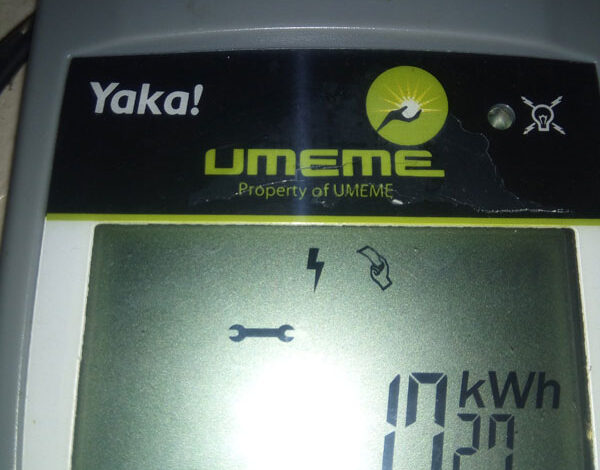
By Guest Writer
Opinion: On February 2, 2024, the Minister of Energy and Mineral Development, Ruth Nankabirwa, launched the Electricity Access Scale-Up Projects (EASP) in Mitooma District.
The project is said to be 2.4 trillion dollars co-financed by the World Bank and seeks to increase energy access for households, enterprises, and institutions through grid and off-grid connections.
Additionally, during the launch, the minister of energy added that all Ugandans will have full access to electricity by 2030 with the result of EASP, which is a good take for Ugandans.
In addition to the above, the energy minister noted that according to the electricity scale-up project, over one million customers across the country will be connected to the grid at no cost, and he further added that under the same project, over 500 government health and education institutions will be receiving solar systems and clean cooking systems.
I want to take this opportunity to appreciate the government for the good work done by considering connecting all Ugandans to the grid, especially in rural areas that are dominated by people, mostly vulnerable, who depend on biomass for domestic use, which consists of fuel wood, charcoal, tree leaves, animal dung, and agricultural residues burned for residential use, which is unclean and has negative health, gender, and environmental consequences.
The fact that the majority cook indoors with no chimneys or ventilation exposes them to biomass smoke, leading to chronic obstructive pulmonary disease, which affects more women and children (Frederik van Gemert et al., 2013).
According to the World Bank, it is noted that most Ugandan households primarily depend on biomass. Despite the government’s reduction in power tariffs, 85% still use firewood, while 13% use charcoal for cooking, which denotes a high level of deforestation.
The total biomass amount amounts to 98% of the population relying on biomass as the major source of energy in Uganda, which is a key challenge towards environmental protection.
This is because the current power tariffs still remain alarmingly high and unaffordable for most Ugandans. Only 1.4% of Ugandan households primarily depend on electricity for cooking, which contributes to their high dependence on biomass.
The current domestic charge of 805.0 UGX per kWh remains costly to domestic consumers who wish to use power for cooking, and this limits electricity consumption.
Additionally, the high power tariffs have increased pressure on natural resources, especially forests, which increase gas emissions that cause climate change, resulting in frequent prolonged periods of drought and erratic rainfall, which affect food security and decrease agricultural productivity, making it difficult for people to meet their needs. This calls for a reduction in power tariffs that can be affordable to every Ugandan.
So however much the ministry of energy connects people to the grid, as the minister promised during the EASP launch,some people may still opt for biomass if the power tariffs are not reduced.
Therefore, the EASP will be more beneficial to people, especially the vulnerable, if the government reduces power tariffs, as it plans to connect areas to the grid and increase energy access to every household by 2030. This will offer people more opportunities to run their domestic activities and improve their standards of living.
This will also reduce vulnerability to changing precipitation patterns, increase shelf life, and strengthen income and employment opportunities in rural areas.
The author is Olive Atuhaire, Research Associate.
Disclaimer: As UG Reports Media LTD, we welcome any opinion from anyone if it’s constructive for the development of Uganda. All the expressions and opinions in this write-up are not those of UG Reports Media Ltd. but of the author of the article.
Would you like to share your opinion with us? Please send it to this email: theugreports@gmail.com.






